The Best TV Shows on Channel 1
Every Channel 1 Show Ranked From Best To Worst
Discover the best of Channel 1 with our list of over 17 series, meticulously updated for February 2026. Among Channel 1’s finest offerings are Pillar of Fire and HaMis'ada HaGdola, which debuted in 1981 and 1985, respectively. Channel 1’s extensive portfolio includes more than 17 shows, spanning the years from 1981 to N/A.
 Where Do You Live? (2015)10.0
Where Do You Live? (2015)10.0A drama series about the conflict between past and future, tradition and progress, self-fulfillment and family values. In a Bukharan community we see the struggles between the older generation that wants a traditional life in Bukhara, Uzbekistan and the new generation that wants to build a new life in a new country. The series takes place precisely at the crisis point between the old generation and ancient traditions and the new generation and the 21st century. The series includes biographical elements of the two lead actors--the grandmother in the series is played by their actual grandmother.
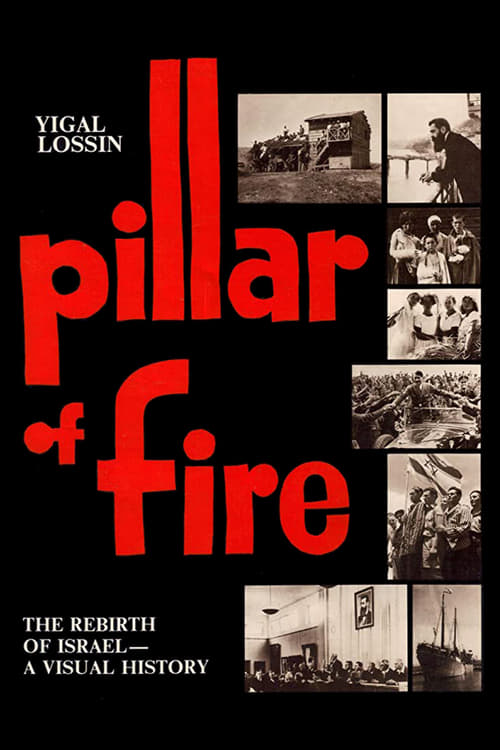 Pillar of Fire (1981)9.5
Pillar of Fire (1981)9.5Pillar of Fire focuses on the History of Zionism, beginning in 1896, in the wake of Theodor Herzl's revival of the concept of Jewish nationalism and continues to follow the Jewish People in the 20th century, the early stages of Zionism, followed by the waves of Aliyah prior to the founding of Israel, the Revival of the Hebrew language, the Ottoman Empire's rule in over the Land of Israel, the British Mandate, Anti-Semitism in Europe, the rise of Nazism and The Holocaust, the history of the Yishuv, the Jewish struggle for independence, and ends in 1948, with the Israeli Declaration of Independence.
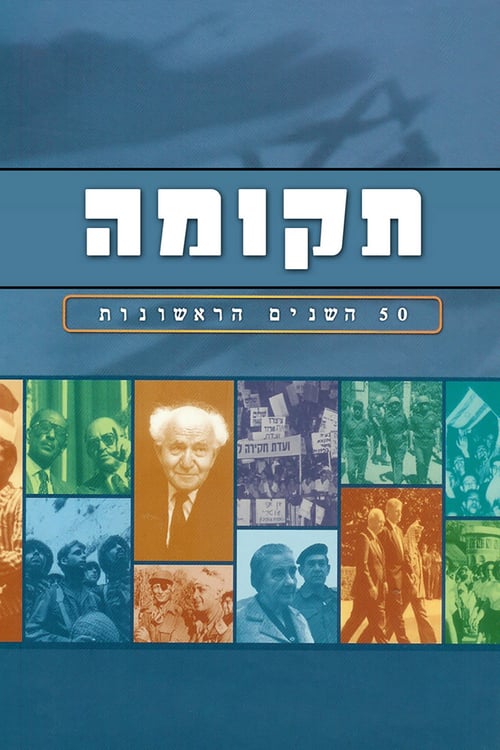 Tkuma (1998)9.0
Tkuma (1998)9.0The story of Israel's first fifty years of statehood, TKUMA brings to the screen the tragedies and joyful milestones of Israel's first half century: the ingathering of the exiles as the fledgling state becomes a haven for Jews around the word. Dramatic, personal accounts and documentary footage of the wars fought over five decades, along with rare behind-the-scenes insights into Israel's efforts to make peace. Who is a Jew Israel wrestles with its national identity. Israel's economic revolution takes the country from the orange to the computer chip in a few years. The people, the places, the spirit of Israel in its first fifty years.
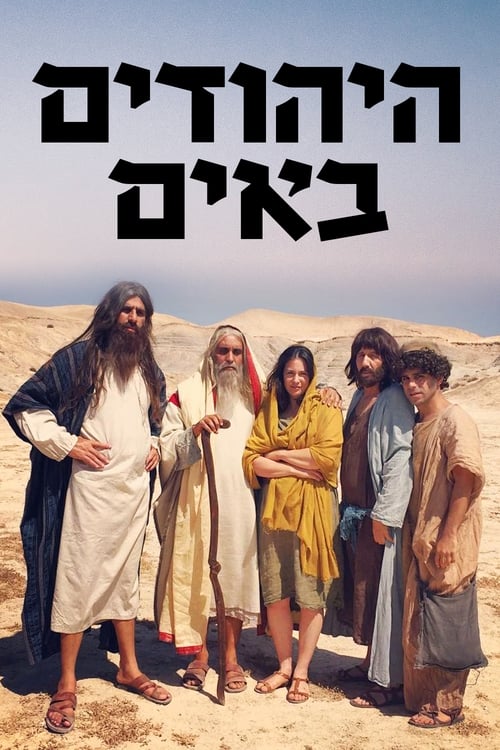 The Jews Are Coming (2014)8.5
The Jews Are Coming (2014)8.5Israeli satire show investigating the historical, social and political heritage of the jewish people and the state of Israel, from biblical days to this day, killing sacred cows and questioning Jewish myths and Israeli ethos.
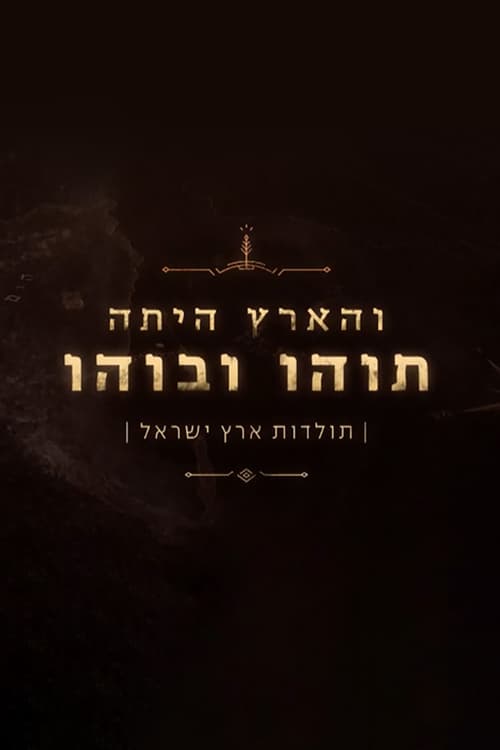 The Holy land (2016)7.5
The Holy land (2016)7.5The history of the Land of Israel from prehistoric times to the Ottoman period.
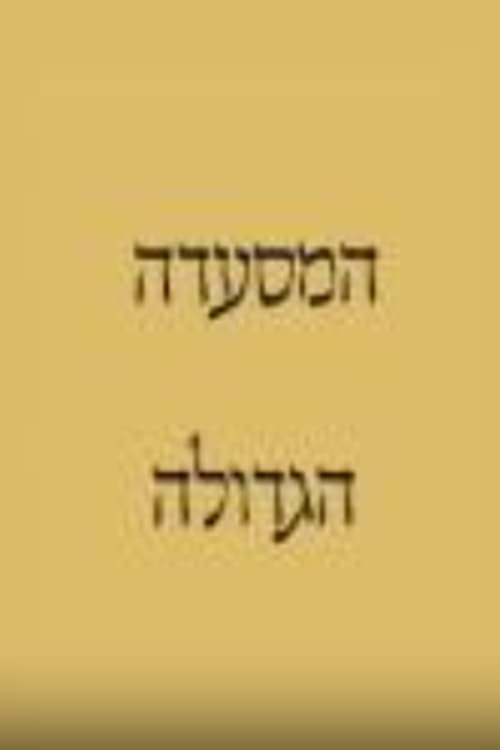 HaMis'ada HaGdola (1985)N/A
HaMis'ada HaGdola (1985)N/AHaMis'ada HaGdola was an Israeli sitcom, produced by the Arabic department of Channel 1, running between 1985–1988, every Shabbat evening. The series had great success both in Israel and in neighbouring countries like Cyprus, Turkey and in the Arab World. During its original run, it was considered the most popular Israeli TV show, both in Israel and the Arab World. Yosef Barel, who was the manager of the Arabic department of the IBA formulated the idea of the show. The first twelve episodes were directed by the producer/screenwriter Eli Sagi, along with director Avi Amber. After these two retired from the production of the show, the rest of the episodes were directed by Antoine Salah and Victor Kahmar. The sitcom-series depicted events in a Middle Eastern restaurant in Jerusalem, owned by an Arab-Israeli restaurateur named Abu-Rahmi, and his wife Umm Rahmi, and employing a funny chef - Hakim, a charming and charismatic waiter - Abdu, a tongueless waiter named Ma'aruf, and a cross-eyed dustman called Artin.
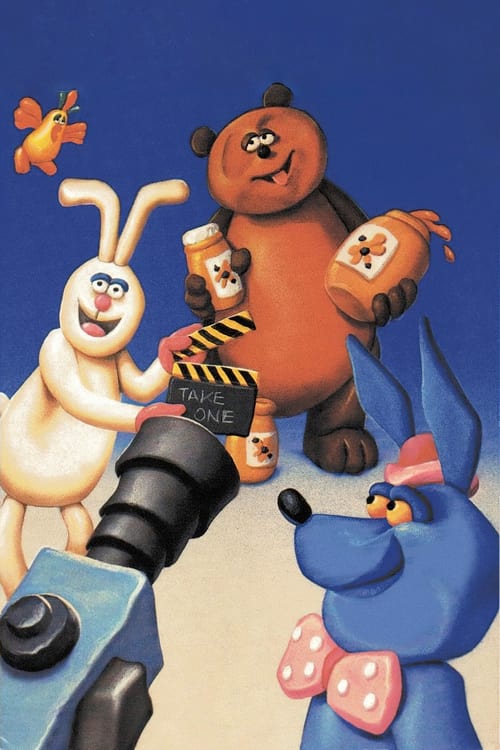 Foxy Fables (1989)N/A
Foxy Fables (1989)N/AFoxy Fables is an animated television series produced by the leading Israeli animator Rony Oren. All the characters were made from moulded plasticine modelling clay on metal armatures, and filmed with stop motion clay animation. The plot of the series was based on fables by Aesop, La Fontaine, and others that features forest animals acting out the famous stories. The situations always based on the less stronger animal succeed in outsmarting the stronger one who tries to let him down. Every episode would end with a valuable moral. The program was originally created in Israel. 13 episodes were produced.
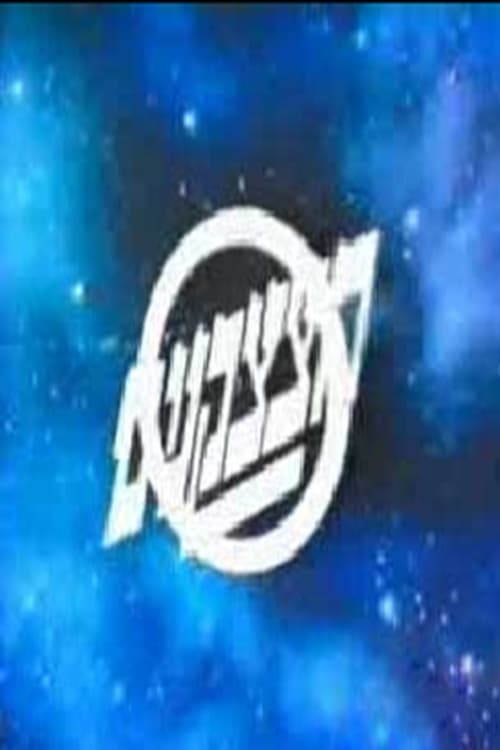 Hatzatzakanim (1989)N/A
Hatzatzakanim (1989)N/AHatzatzakanim could convert their alien form into a human form, for camouflage and star exploration
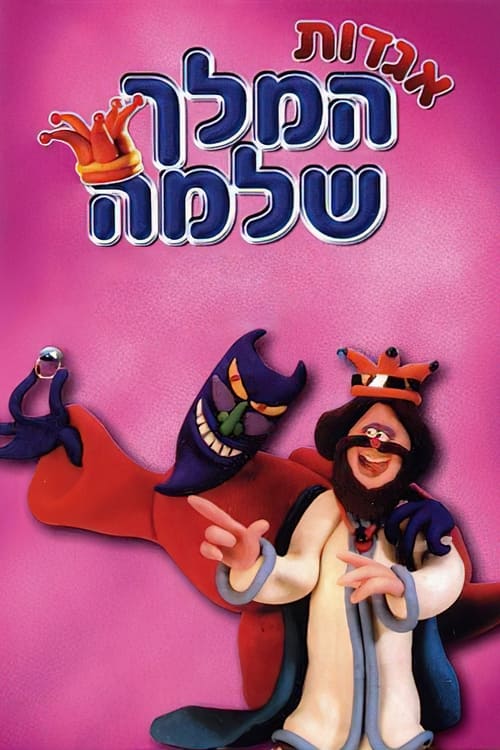 Tales of a Wise King (1992)N/A
Tales of a Wise King (1992)N/AIsrael's ancient tradition is brought to life through the art of clay animation. Using one of the most popular media for 3-D animation effects, this DVD series tells authentic legends that have become wildly popular on Israel's Channel One.
 Popolitika (1992)N/A
Popolitika (1992)N/A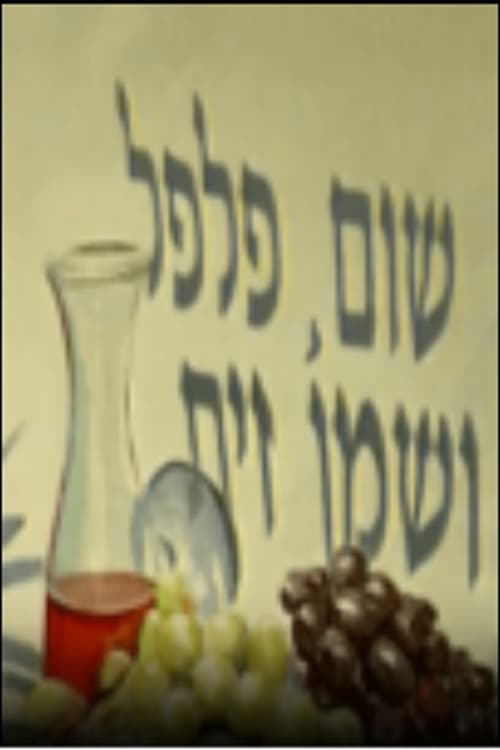 Garlic, Pepper & Olive Oil (1998)N/A
Garlic, Pepper & Olive Oil (1998)N/A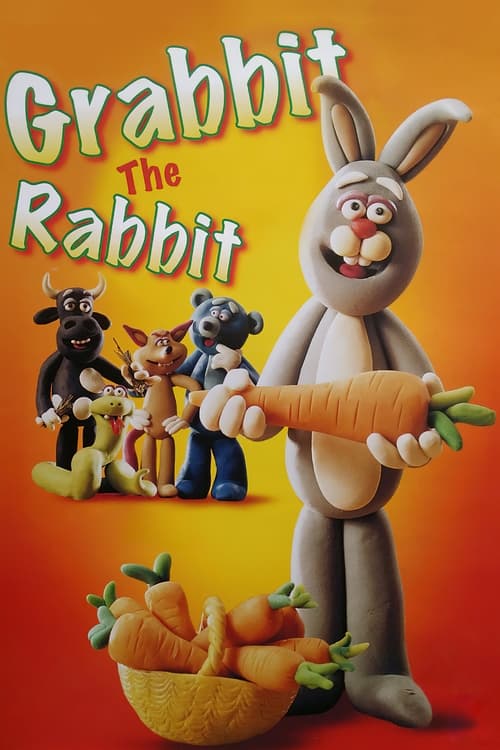 Grabbit The Rabbit (1999)N/A
Grabbit The Rabbit (1999)N/AGrabbit the rabbit and his charming supporting cast of delightful clay characters come to life in a series of classic fables (including those of Jean La Fontaine and Joel Chandler Harris) adapted to modern settings and presented with warmth, humor, and enchanting music.
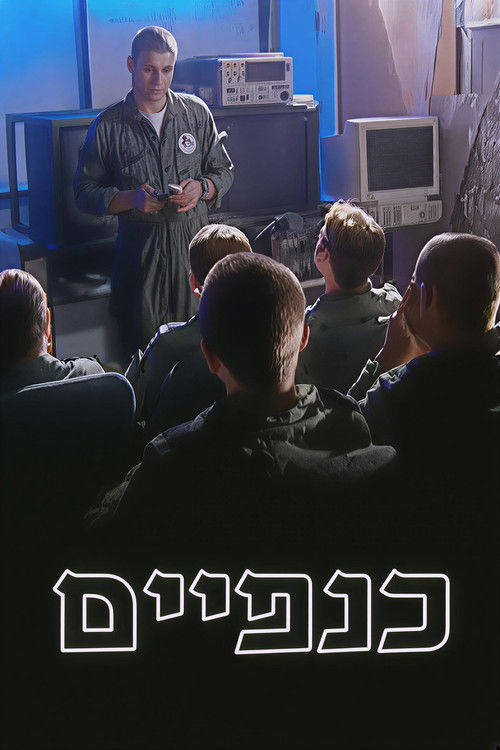 Wings (2002)N/A
Wings (2002)N/AEight young people from diverse backgrounds receive the coveted letter accepting them into the prestigious flight training course, but they soon discover that reality is not as glamorous as their dream come true, and they must adapt to the strict framework of Course 235.
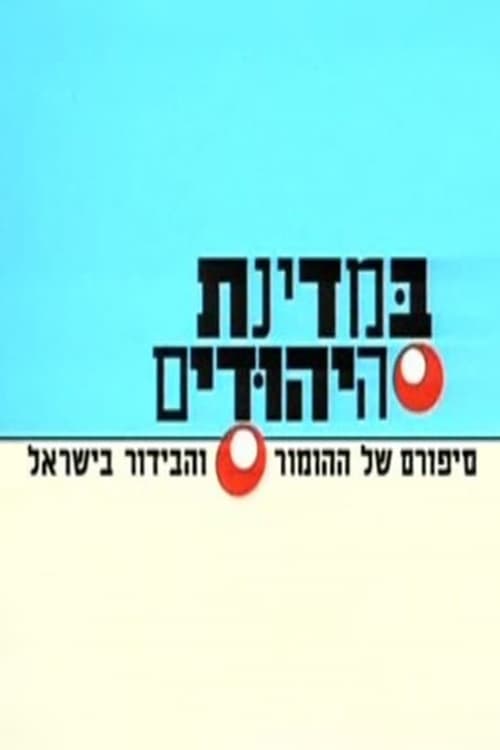 In The Jews State (2004)N/A
In The Jews State (2004)N/A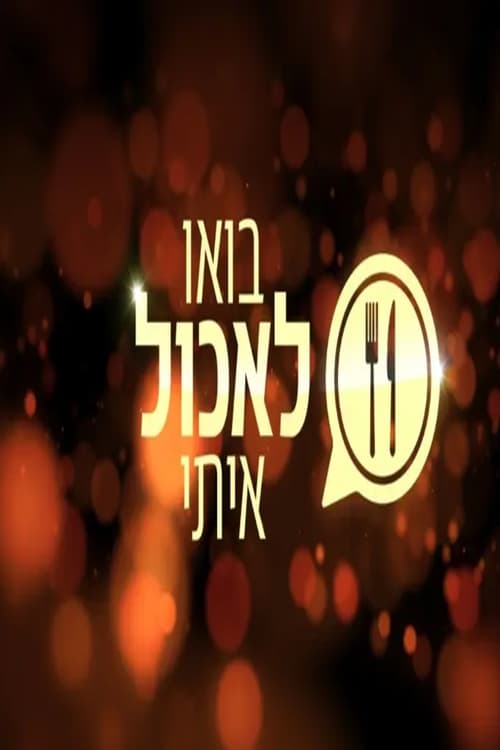 בואו לאכול איתי (2012)N/A
בואו לאכול איתי (2012)N/A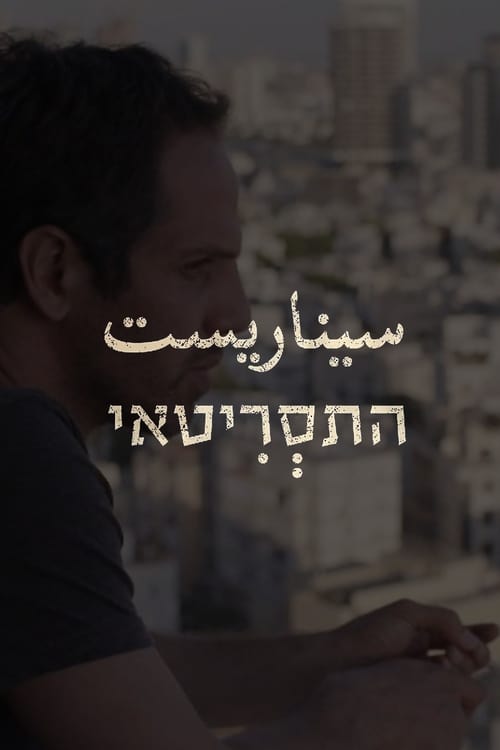 The Screenwriter (2015)N/A
The Screenwriter (2015)N/AMockumentary based on the life of Israeli-Arab writer and journalist, Sayed Kashua, creator of the series 'Arab Labor'. Kataeb, Palestinian writer and journalist living in Israel, loses interest in writing his successful series and instead wants to write a series on a 40 year old going throw a mid-life crisis he is experiencing. As a Palestinian and Israeli he confronts with questions about identity, national definitions, as well as his relationships with his family, and the society and country he lives in.
 כלבוטק (N/A)N/A
כלבוטק (N/A)N/AKolbotek is a veteran Israeli consumer affairs and investigative reporting TV show on Channel 2. It premiered in December 1974 on Channel 1 and was then presented by Daniel Paer. Since 1979 the show has been presented by its editor and producer, Rafi Ginat.